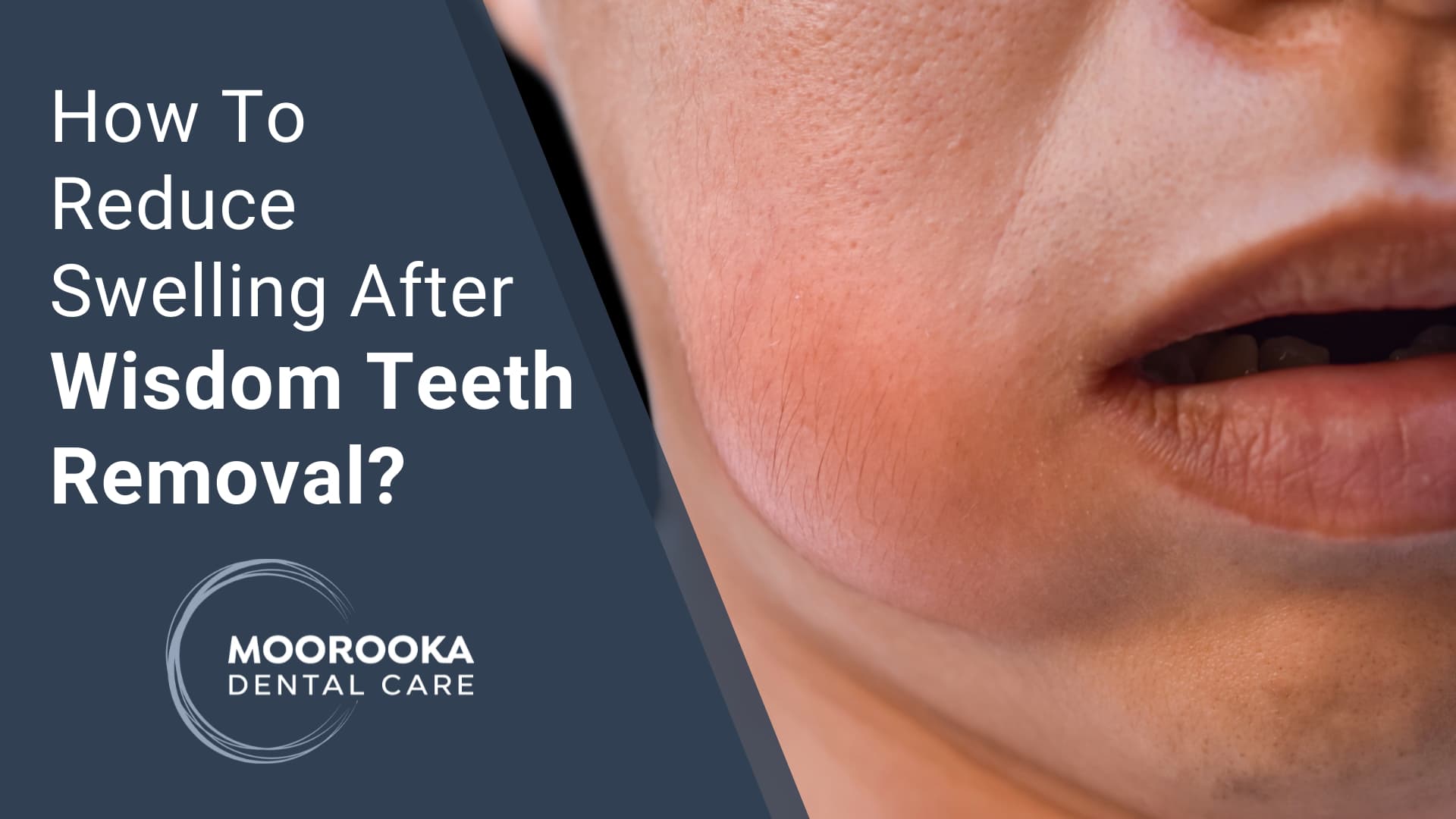Dental Facility
Dental Facility
Blog Article
Discovering Different Sedation Options for a Comfortable Wisdom Pearly Whites Extraction Experience

Regional Anesthesia
Regional anesthesia is a typically made use of approach for numbing specific areas of the mouth throughout wisdom teeth extraction procedures. By carrying out a local anesthetic, such as lidocaine, a dental practitioner can guarantee that the person stays pain-free and comfortable throughout the extraction process. Regional anesthetic jobs by briefly blocking the nerves in the mouth, preventing them from sending discomfort signals to the brain. This enables the dentist to perform the removal without triggering any kind of pain to the patient.
One of the primary advantages of local anesthesia is its targeted numbing effect, which implies that only the particular area being treated is impacted. This localized strategy decreases the danger of systemic side results and enables a quicker recuperation post-procedure. wisdom teeth removal aspendale. Furthermore, local anesthetic is taken into consideration to be a routine and secure technique in dentistry, with minimal threats included when administered by a qualified professional
Laughing Gas

In addition, nitrous oxide is recognized for its quick recuperation time. As soon as the mask is eliminated, the effects of the gas wear away swiftly, permitting people to resume their normal activities without remaining sedative effects. This makes laughing gas a practical option for those who require to drive themselves home after the dental appointment. Nitrous oxide is suitable for people of all ages, making it a versatile sedation option for wisdom teeth removals and various other oral procedures.
Dental Sedation

One of the primary advantages of oral sedation is its ease of management. Unlike intravenous sedation, dental sedation does not need needles or shots, making it an extra comfortable choice for people with a fear of needles. Additionally, dental sedation is thought about reliable and secure when administered by experienced oral professionals. It is essential for patients to follow pre-operative guidelines provided by their dental expert, such as abstaining from consuming alcohol or eating before the procedure to guarantee the sedative medication functions as planned.
IV Sedation
Provided intravenously by qualified physician, IV sedation is an effective approach utilized to cause a controlled state of deep leisure and unfamiliarity during oral treatments. Unlike dental sedation, which can be unforeseeable in its results, IV sedation enables specific control over the level of sedation, making it a suitable selection for intricate procedures like knowledge teeth extractions.
Throughout IV sedation, a sedative drug is provided straight right into the blood stream via a vein, allowing it to take effect quickly and successfully. This technique makes certain that the person remains comfortable and not aware of the procedure while still keeping important features such as breathing and heart rate.
One of the main advantages of IV sedation is its capacity to offer a deeper level of sedation compared to various other techniques, making it specifically appropriate for clients with high levels of stress and anxiety or those going through comprehensive oral work. Furthermore, the effects of IV sedation typically diminish progressively after the procedure, decreasing the possibility of grogginess or sticking around negative effects. Generally, IV sedation offers a safe and effective option for guaranteeing a comfortable and hassle-free experience throughout knowledge teeth extraction.
General Anesthetic
Having discussed the benefits of IV sedation for knowledge teeth removal, the utilization of general anesthetic provides a different choice for individuals requiring a deeper degree of unconsciousness during oral procedures. General anesthetic generates a controlled state of unconsciousness, making sure the person feels no pain or discomfort during the removal process. This approach is especially Get More Information valuable for individuals with serious dental anxiousness, facility medical needs, or those going through several extractions at the same time.
General anesthesia is provided by an experienced anesthesiologist who carefully keeps track of the individual's essential signs throughout visit this site right here the procedure. It entails the usage of intravenous drugs or inhaled gases to generate a state of unconsciousness. While under basic anesthetic, the person will certainly not recognize the surgery, experience any type of discomfort, or have any kind of recollection of the procedure later.
Although basic anesthesia is safe when provided by certified experts, it brings a slightly higher threat compared to various other sedation choices. wisdom teeth removal aspendale. Clients taking into consideration basic anesthesia for wisdom teeth removal should talk about the potential threats and advantages with their dentist or oral cosmetic surgeon to make an informed choice based upon their individual demands and case history
Conclusion
To conclude, numerous sedation options are offered to make sure a comfy knowledge teeth removal experience. Neighborhood anesthesia is frequently used for numbing the certain area, while nitrous oxide supplies relaxation and discomfort alleviation. Oral sedation and IV sedation deal deeper degrees of leisure, relying on the individual's requirements. General anesthesia can be made use of for much more complicated instances. It is necessary to talk to your dentist or dental specialist to figure out one of the most suitable sedation option for your treatment.
Nitrous oxide is appropriate click reference for patients of all ages, making it a flexible sedation alternative for knowledge teeth extractions and various other dental procedures.
Unlike intravenous sedation, oral sedation does not call for shots or needles, making it an extra comfortable choice for people with a worry of needles.One of the main advantages of IV sedation is its capacity to give a deeper degree of sedation compared to other methods, making it especially ideal for patients with high degrees of anxiousness or those undergoing considerable dental work.Having reviewed the advantages of IV sedation for wisdom teeth removal, the application of basic anesthetic gives an alternative option for people calling for a much deeper level of unfamiliarity throughout dental treatments. Dental sedation and IV sedation deal deeper degrees of relaxation, depending on the client's needs.
Report this page